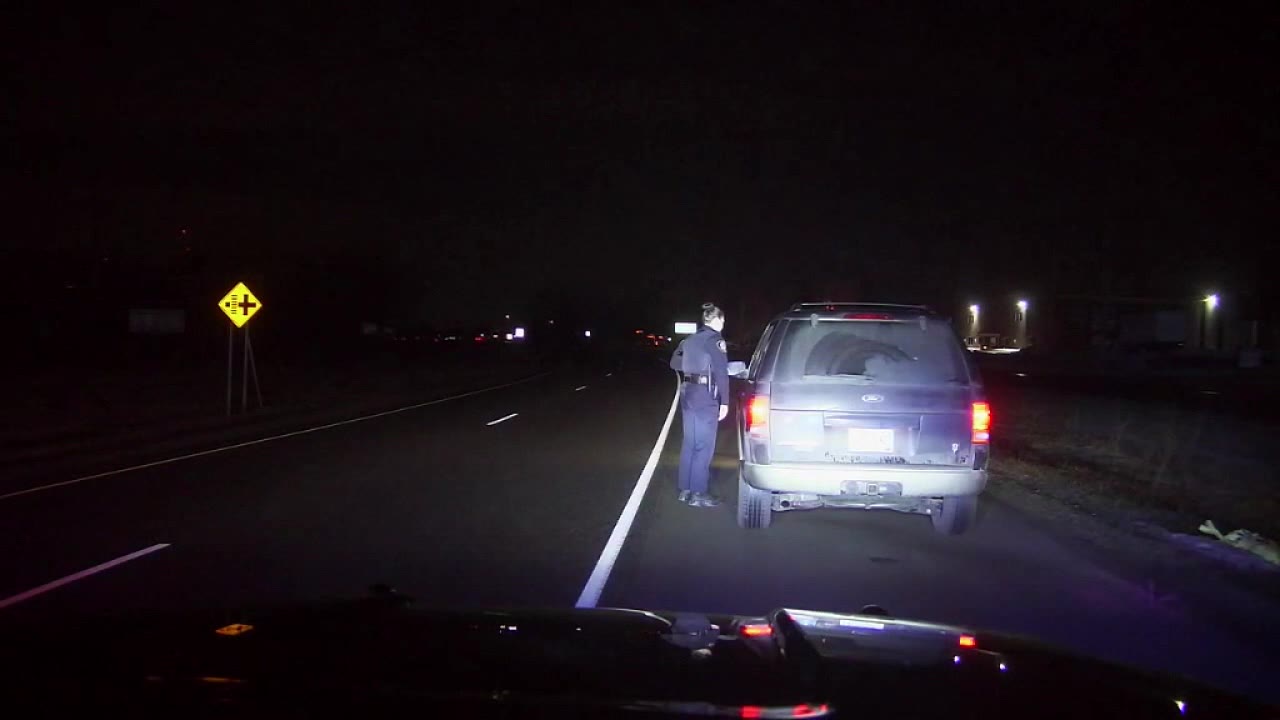Smelling weed allowed police to search your car in Minnesota. Not anymore.

Police who smell weed can’t search your car
The Minnesota Supreme Court recently ruled that the smell of marijuana alone is no longer enough to search someone’s car. FOX 9 Investigator Nathan O'Neal has the details.
MINNEAPOLIS (FOX 9) - I smell marijuana. For years, those three words allowed police in Minnesota to search someone’s car during traffic stops. The smell of weed helped police find drugs and seize illegal guns.
But critics argued it also led to questionable searches.
"Any officer could say they smelled the odor of marijuana, and unfortunately, there’s no way for us to know later on if that really was the case," said Tanya Bishop, a public defender in Hennepin County.
However, the Minnesota Supreme Court put an end to the practice late last year when it ruled that the smell of marijuana alone is no longer enough to search someone’s car.
After that ruling, the FOX 9 Investigators analyzed police video, evidence files and court records that highlight how policing is fundamentally changing in Minnesota.
Law enforcement training programs are already adapting and at least one instructor predicts it will lead to fewer vehicle searches.
Charges dismissed

In Depth: Can police search your car if they smell weed?
The FOX 9 Investigators examine how the Minnesota Supreme Court recently ruled that the smell of marijuana alone is no longer enough to search someone's car.
Damieon Marshall was initially pulled over by Eden Prairie police in October 2021 because of "dark tinted windows," according to police records. The encounter would turn into a three-year legal battle after the officer proceeded to search Marshall’s car "due to the odor of marijuana" that is still ongoing today.
Marshall was pulled out of his car because of an unrelated warrant, but the officer said he conducted the search "due to the odor of marijuana," according to police records. The officer also said he observed Marshall had "constricted pupils."
In the police report, the officer said he found empty medicine bottles, marijuana debris and a styrofoam cup filled with liquid – which ultimately convinced a judge to order a blood draw on Marshall. The officer later testified in court that none of that evidence was collected.
In fact, body camera video shows the officer discarding the evidence.
"So I’m going to go ahead and dump this because I’m not going to try and collect it," the officer said on camera. "It’s got an alcoholic odor to it. I’m guessing it’s cough syrup."
Marshall was charged with a fourth-degree DWI after his blood test showed traces of Oxycodone and Oxymorphone in his system.
"He was not impaired, and he was using his prescription medications responsibly," said Marshall’s public defender, Bishop. "The blood results show that it was only a therapeutic level of what was in his system."
Marshall’s public defenders say his blood should have never been taken in the first place. They argued in court that all the evidence stemming from the search should be thrown out, since the search was based on the smell of marijuana.
Marshall told the FOX 9 Investigators the search was "against my 4th Amendment rights."
A judge ultimately dismissed the case against Marshall, citing the recent Minnesota Supreme Court ruling on using marijuana odor for probable cause during vehicle searches.
Prosecutors have since launched an appeal on the case, which is scheduled for June.
A landmark case
At the center of the Minnesota Supreme Court’s landmark ruling, is a traffic stop in Meeker County.
Adam Torgerson was pulled over for equipment violations in 2021.
According to police body-worn camera footage that has not been previously reported, the officer then told Torgerson he had the authority to search the vehicle because he "could smell weed." The search led to the discovery of a small amount of meth and Torgerson was criminally charged for possession.
Late last year, the Minnesota Supreme Court found the search was unconstitutional, ruling "the odor of marijuana alone" was not enough to justify the search.
The ruling was made at a time when recreational marijuana was not yet legal in Minnesota and the court did not speak to that directly. However, it remains illegal to smoke or consume marijuana in your car.
Fewer police searches
As the courts review pending criminal cases where the searches were conducted based on the odor of marijuana, police training programs across the state are adjusting to the new legal landscape.
The FOX 9 Investigators identified at least three police training programs in Minnesota that are adapting their curriculum for approaches to vehicle searches.
One instructor predicted that because searches based on odor made it "easier for police," the ruling will "reduce the amount of vehicle searches" overall.
"Either the police will adapt and that will be that or they don’t – and we continue to get dismissals," said Hennepin County assistant public defender Maggie Bott.

